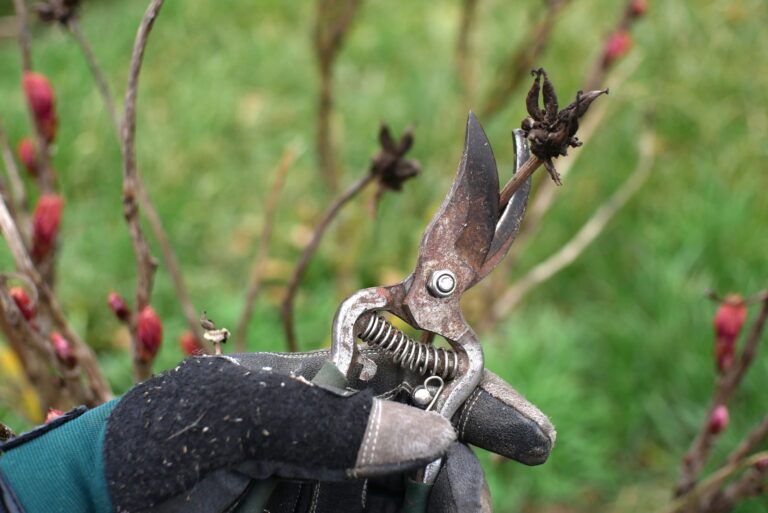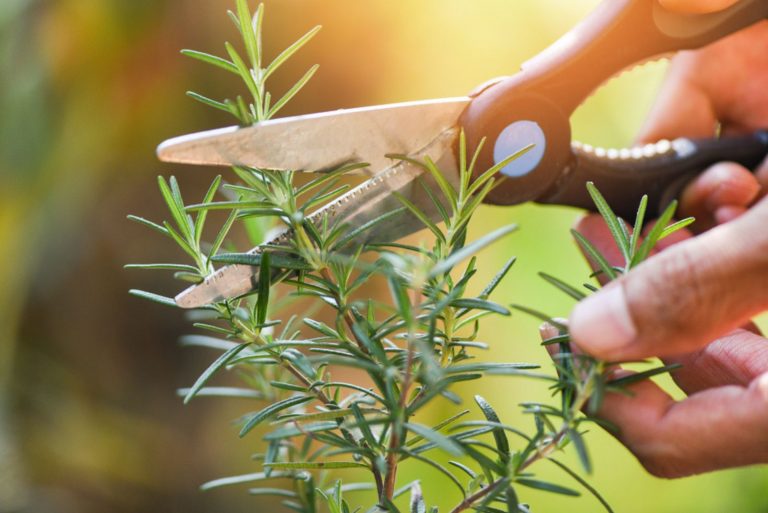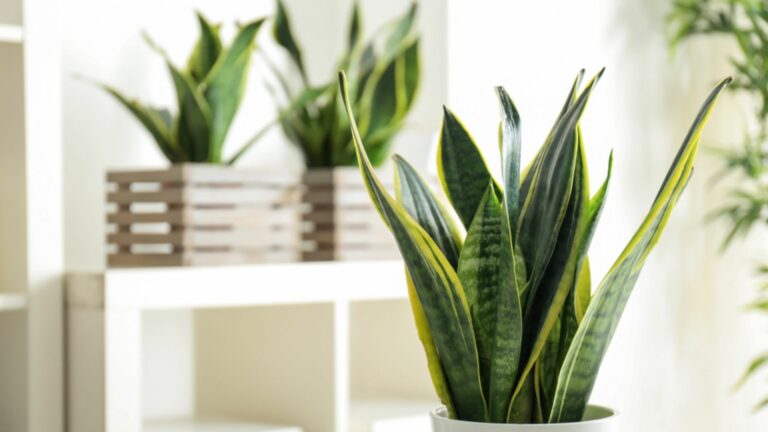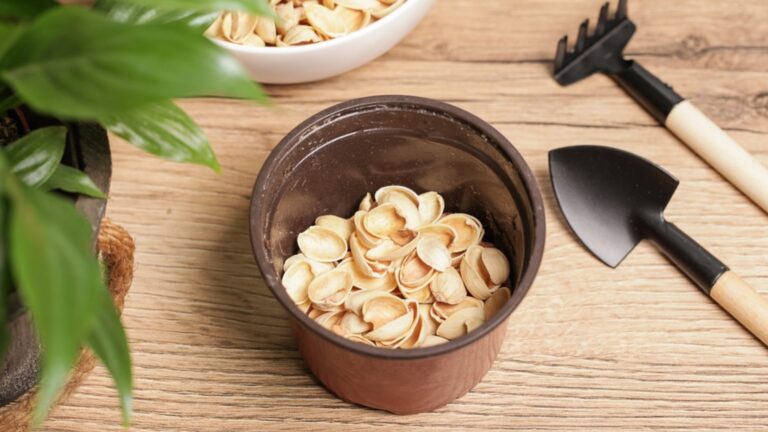20 Golden Gardening Tips Grandpa Passed Down That Still Work Wonders
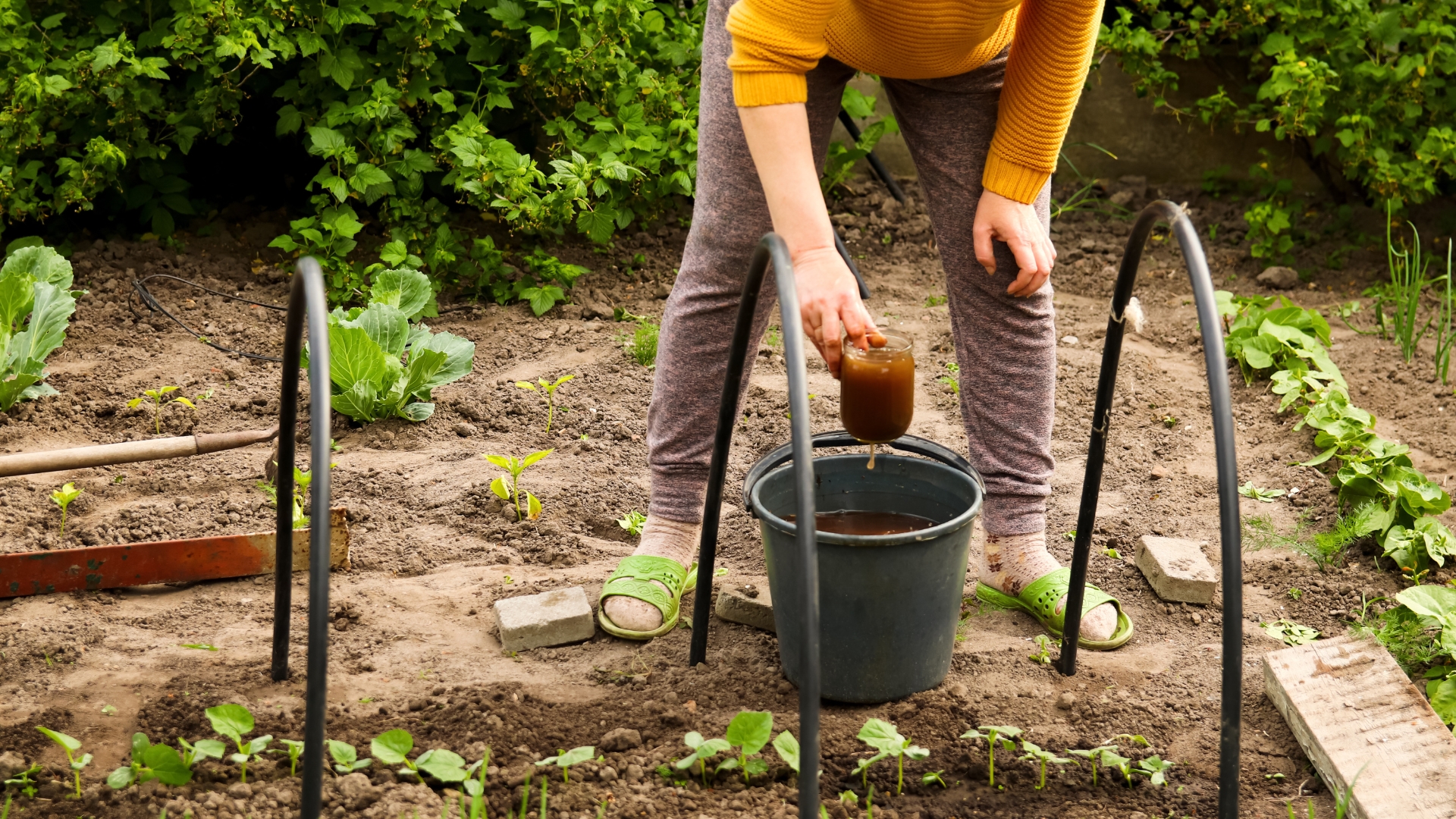
No apps, no gadgets—just pure gardening grit. These 20 golden tips, passed down through generations, deliver lush blooms, rich soil, and real results.
Grandpa’s wisdom still outshines modern hacks, proving the simplest methods often grow the strongest gardens.
1. Plant by the Moon’s Phases
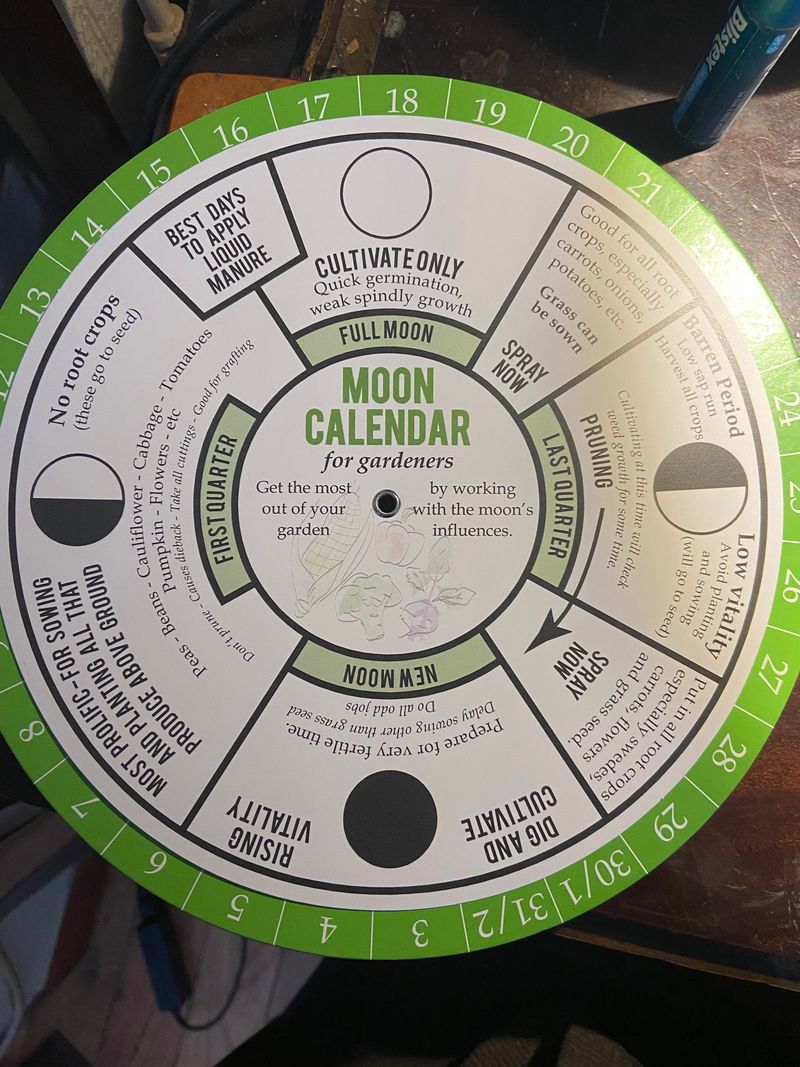
Grandpa swore by planting according to the moon’s cycle. Root vegetables like potatoes and carrots do best when planted during the waning moon when gravitational pull is weaker.
Above-ground crops like tomatoes thrive when planted during the waxing moon. The moon’s influence on water movement in soil and plants isn’t just folklore—many scientific studies suggest lunar cycles affect germination rates and growth patterns.
Grandpa’s almanac was always dog-eared from constant use during planting season.
2. Banana Peels for Roses
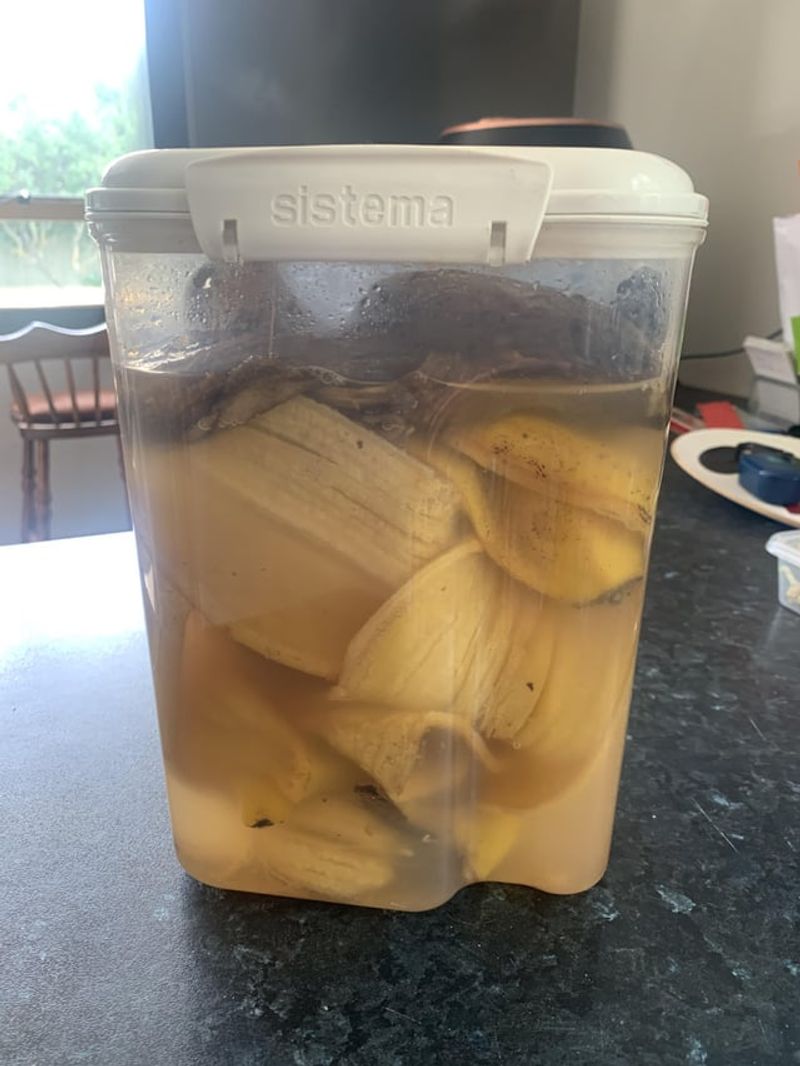
Nothing made Grandpa chuckle more than watching neighbors buy expensive rose food while he used banana peels.
Simply bury peels near the base of rose bushes to provide potassium, phosphorus, and other micronutrients that roses crave. The peels decompose quickly, feeding the soil gradually without the chemical burn commercial fertilizers can cause.
Grandpa’s roses always won blue ribbons at the county fair, their blooms larger and more fragrant than anyone else’s.
3. Companion Planting Magic
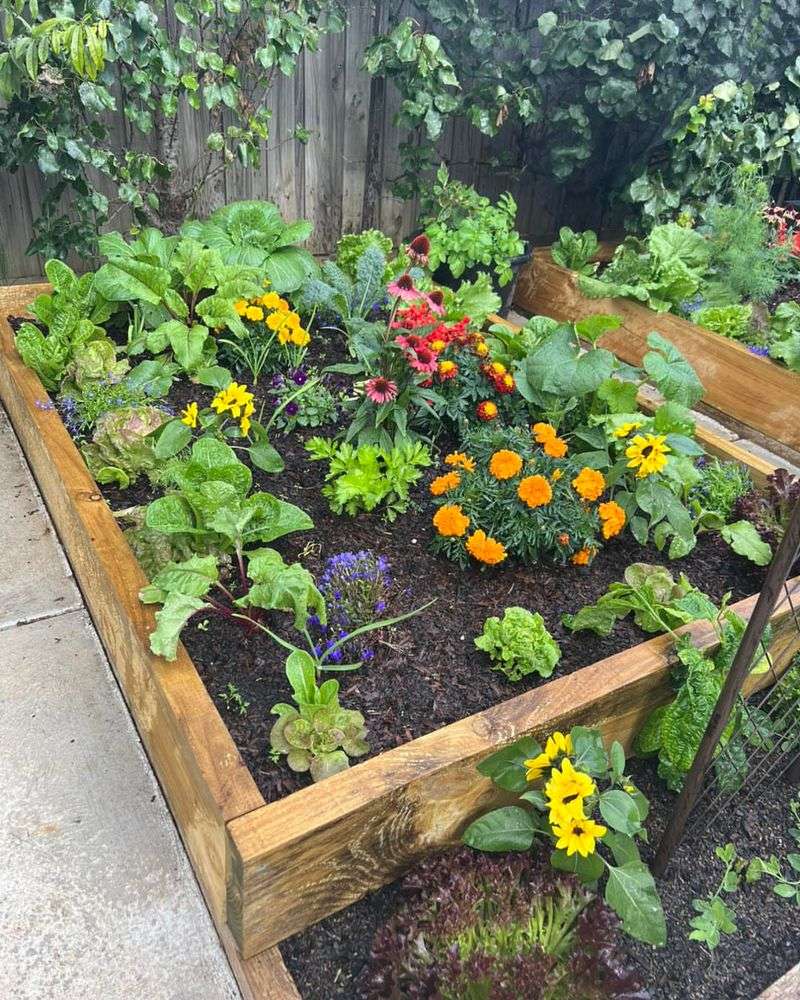
“Never plant cucumbers next to potatoes,” Grandpa would warn with a knowing look. He mapped his garden carefully, placing marigolds near tomatoes to repel nematodes and planting basil alongside to enhance flavor and ward off hornworms.
Corn, beans, and squash—the “Three Sisters”—always grew together in his garden, each supporting the others. The beans climbed the corn stalks while adding nitrogen to the soil, and squash leaves provided ground cover to prevent weeds and retain moisture.
4. Eggshells Crush Garden Problems
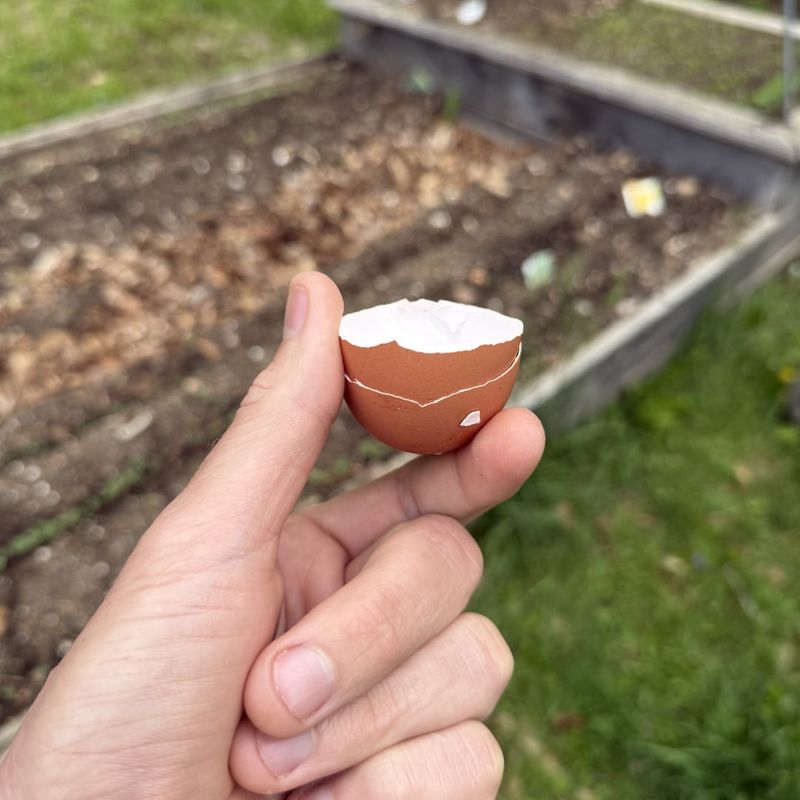
Grandpa collected eggshells year-round, crushing them into a fine powder using his old coffee grinder. Sprinkled around plants, they deterred slugs and snails with their sharp edges while slowly releasing calcium into the soil.
For tomatoes, he’d place a handful of crushed shells in each planting hole to prevent blossom end rot. His secret trick?
Steeping crushed shells in water for a week to make a calcium-rich “tea” for seedlings—giving them a strong start without chemical fertilizers.
5. Coffee Grounds for Acid-Loving Plants
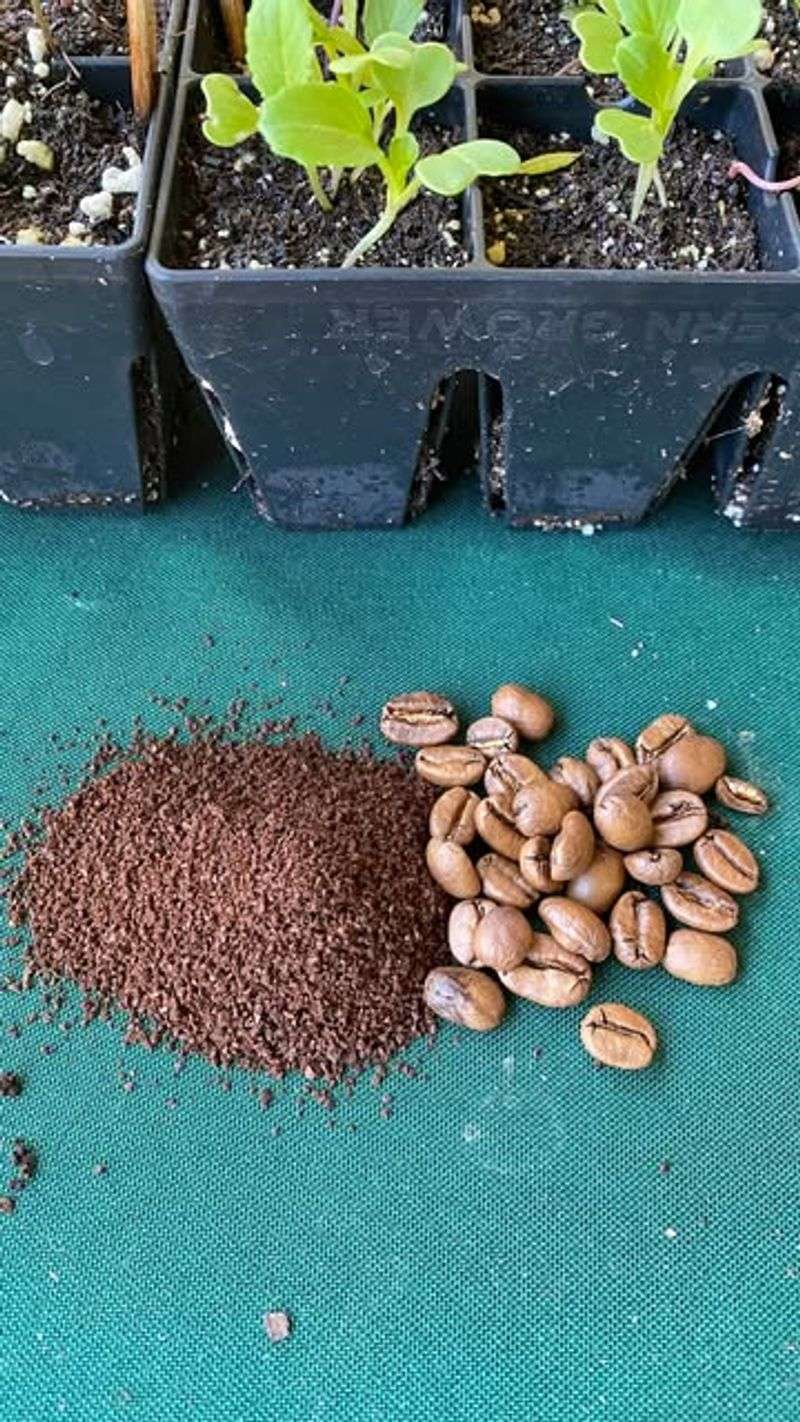
Every morning, Grandpa saved his coffee grounds in a special tin by the sink. Blueberries, azaleas, and rhododendrons received regular doses of these grounds, thriving in the acidic environment they created.
Beyond adjusting soil pH, coffee grounds attract earthworms—nature’s best soil aerators. “The worms do the work so I don’t have to,” he’d say with a wink.
He also sprinkled grounds around prized plants to keep cats from using his garden beds as litter boxes.
6. Soap Spray Pest Control
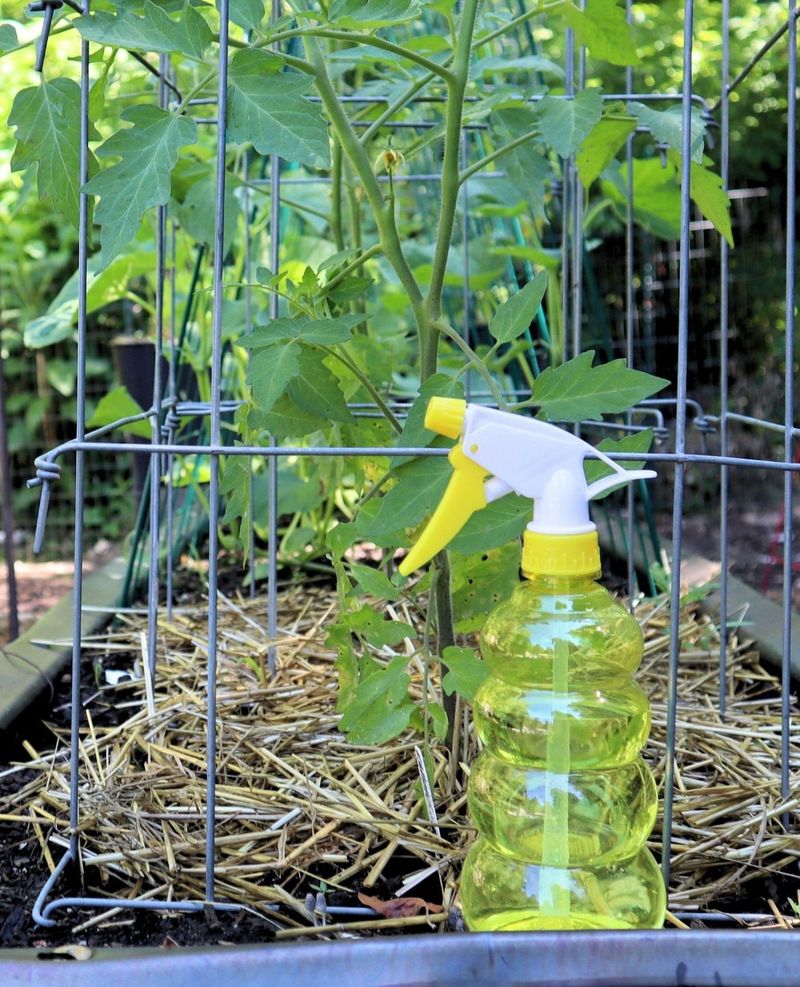
Commercial insecticides never touched Grandpa’s garden. Instead, he kept a spray bottle filled with his homemade soap solution—just a tablespoon of pure castile soap in a gallon of water.
Sprayed directly on aphids, mites, and other soft-bodied pests, it disrupted their cell membranes without harming beneficial insects. Applied in early morning or evening to avoid leaf burn, this simple solution controlled most pest problems.
For tougher cases, he’d add a dash of hot pepper sauce that kept even the most determined beetles at bay.
7. Newspaper Weed Barrier
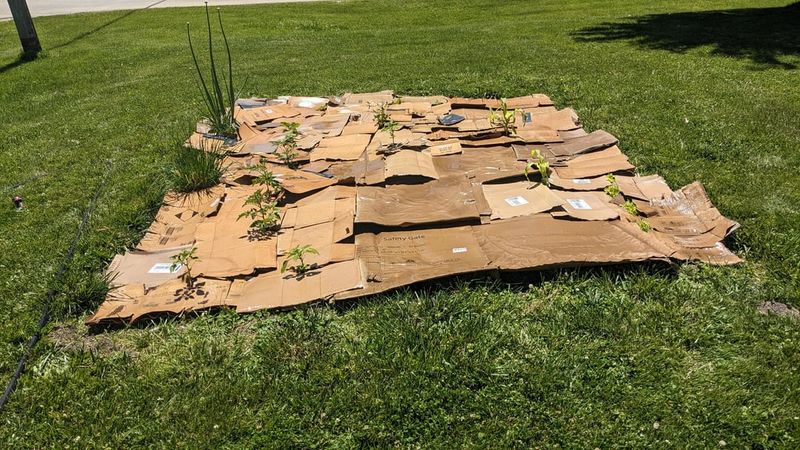
Weeding was Grandpa’s least favorite chore, so he developed a system using newspaper as mulch. He’d lay down thick layers of newspaper (avoiding glossy colored pages), dampen them thoroughly, and cover with a thin layer of compost or straw.
This biodegradable barrier blocked sunlight from reaching weed seeds while allowing water to penetrate to plant roots.
By season’s end, the newspaper had decomposed into the soil, adding organic matter. “The news is finally good for something,” he’d joke while laying fresh sheets around his tomato plants.
8. Buried Wool for Slow-Release Fertilizer
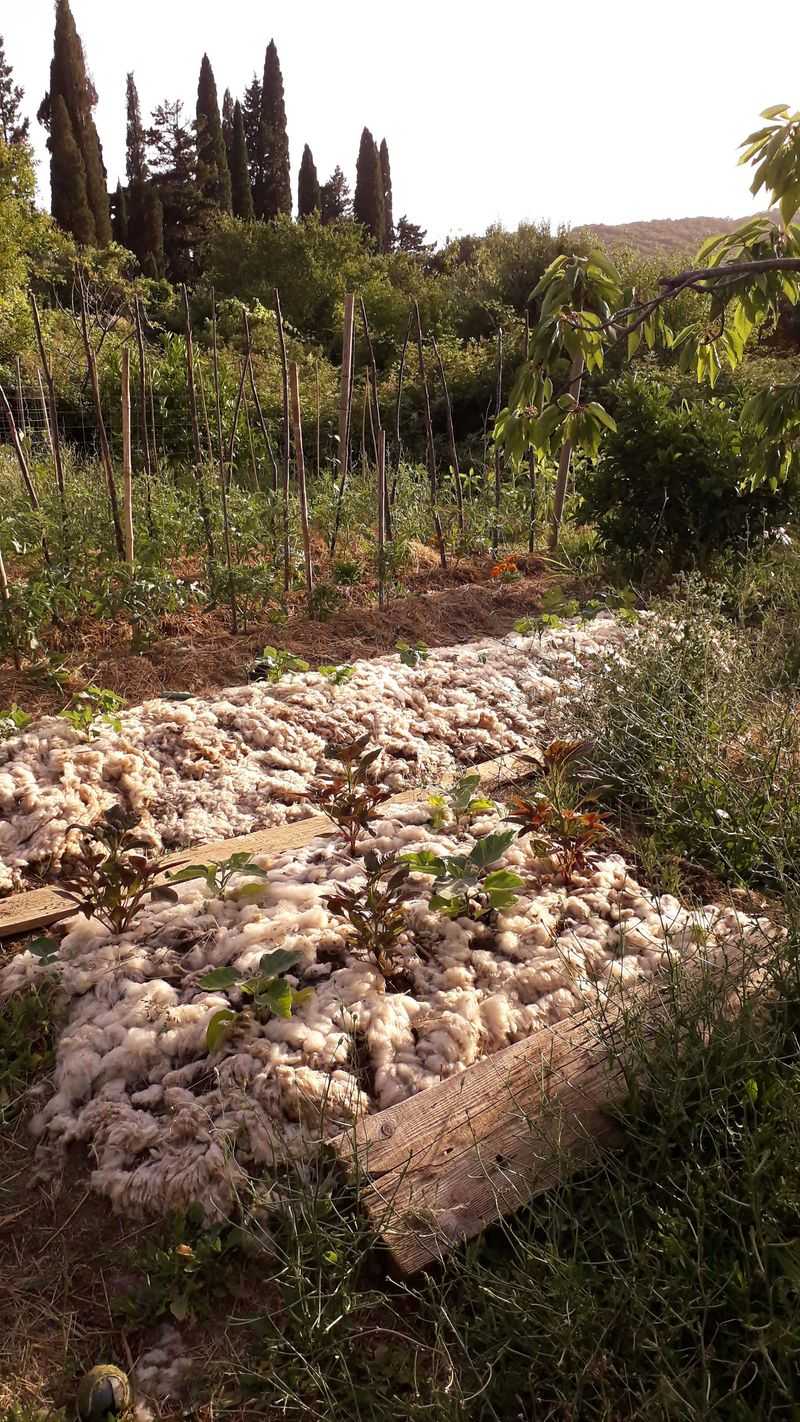
Living near sheep country had its advantages. Grandpa collected raw wool scraps from local shepherds and buried small handfuls beneath plants that needed consistent nutrition throughout the season.
As wool slowly decomposes, it releases nitrogen while creating air pockets for healthier root development. The lanolin in unwashed wool also repels certain pests.
His corn grew taller than anyone else’s, and he’d just tap his nose knowingly when neighbors asked about his secret fertilizer.
9. Milk Spray for Powdery Mildew
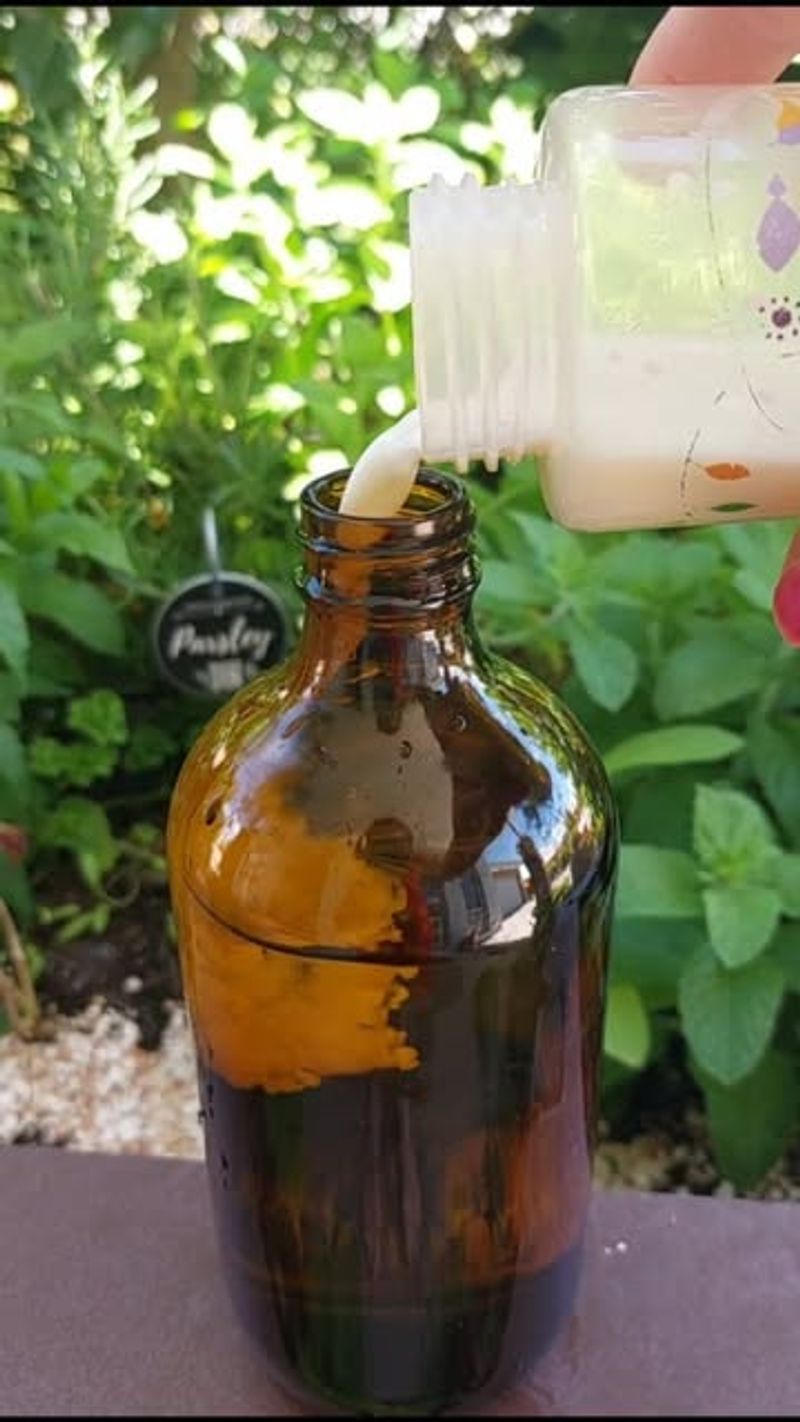
When white powder appeared on squash leaves, Grandpa reached for milk instead of fungicide. His solution—one part milk to nine parts water—sprayed on affected plants on sunny mornings, created an environment hostile to fungal growth.
The proteins in milk interact with sunlight to form a natural antiseptic. Unlike harsh chemicals, this remedy strengthened plants’ natural defenses without harmful residues.
10. Rusty Nails for Iron-Rich Soil
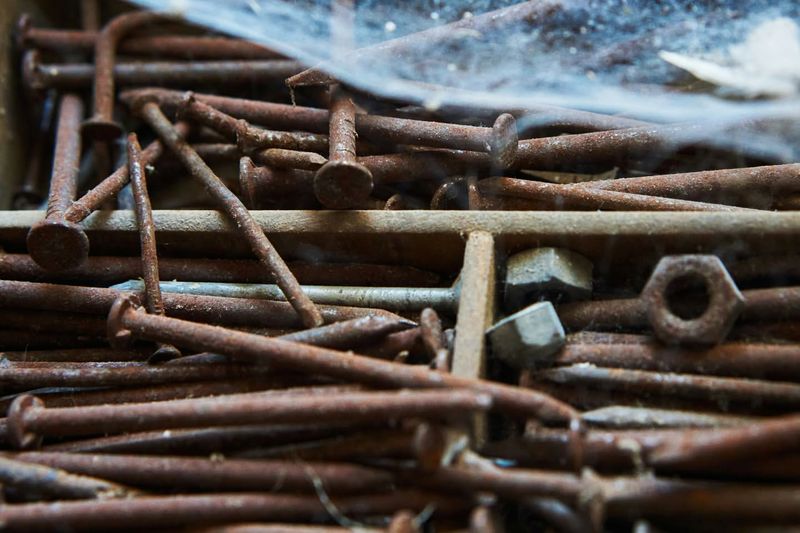
Grandpa’s workshop always had a jar labeled “Garden Tonic”—filled with rusty nails soaking in vinegar. For plants showing yellowing leaves (a sign of iron deficiency), he’d dilute this rusty solution with water and apply it around the base.
The acetic acid in vinegar helps release iron from the nails, making it available to plants. His hydrangeas displayed the most vivid blue blooms in the neighborhood thanks to this iron boost. Modern gardeners might buy chelated iron supplements, but Grandpa’s free solution worked just as effectively.
11. Plant Marigolds Everywhere
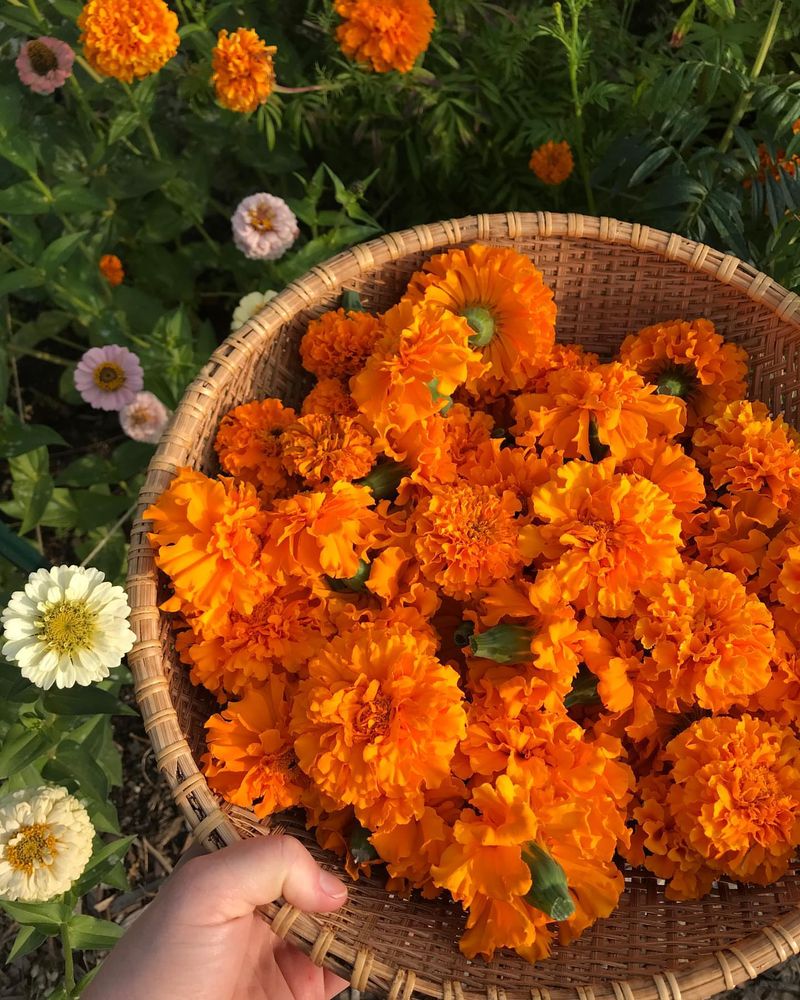
Bright orange and yellow marigolds bordered every section of Grandpa’s garden. Beyond adding cheerful color, these workhorse flowers repel multiple garden pests through compounds released from their roots and strong-scented foliage.
Nematodes, whiteflies, and even rabbits tend to avoid areas where marigolds grow abundantly. Grandpa also planted them among tomatoes and cabbage to deter hornworms and cabbage moths.
“Pretty flowers that do the dirty work,” he called them, saving seeds each fall for next year’s natural pest control.
12. Epsom Salt for Tomatoes and Peppers
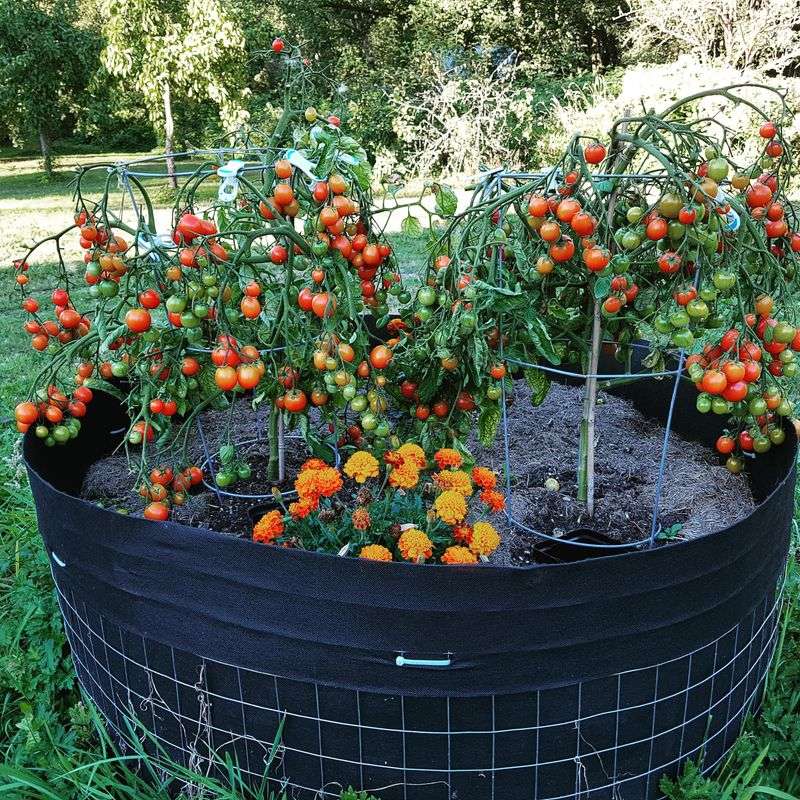
The day before transplanting tomato and pepper seedlings, Grandpa prepared each hole with a tablespoon of Epsom salt. This magnesium sulfate compound prevents blossom end rot and encourages bushier, more productive plants.
Throughout the growing season, he’d dissolve a tablespoon in a gallon of water for monthly foliar feeding. The magnesium helps plants process sunlight more efficiently, while sulfur aids in disease resistance.
His peppers grew so plump and numerous that he always had plenty for canning and sharing with neighbors.
13. Beer Traps for Slugs
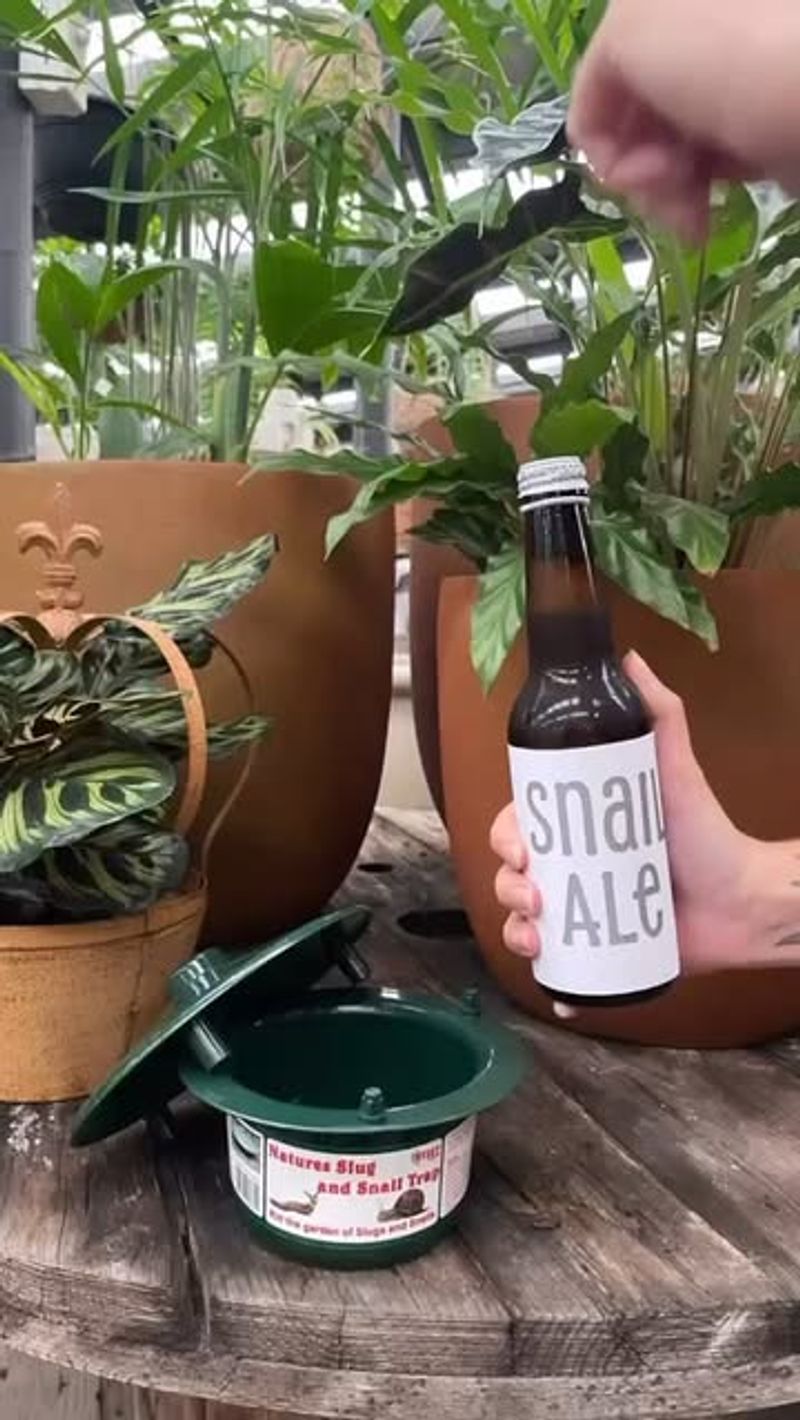
Slugs ravaged neighborhood gardens but rarely made headway in Grandpa’s plots thanks to his famous beer traps.
Shallow containers sunk level with the soil and filled with cheap beer attracted slugs, who crawled in and couldn’t escape. The yeast and sugars in beer prove irresistible to slugs and snails.
Unlike chemical baits, beer traps pose no risk to pets, wildlife, or beneficial insects that help pollinate the garden.
14. Compost Tea for Seedlings
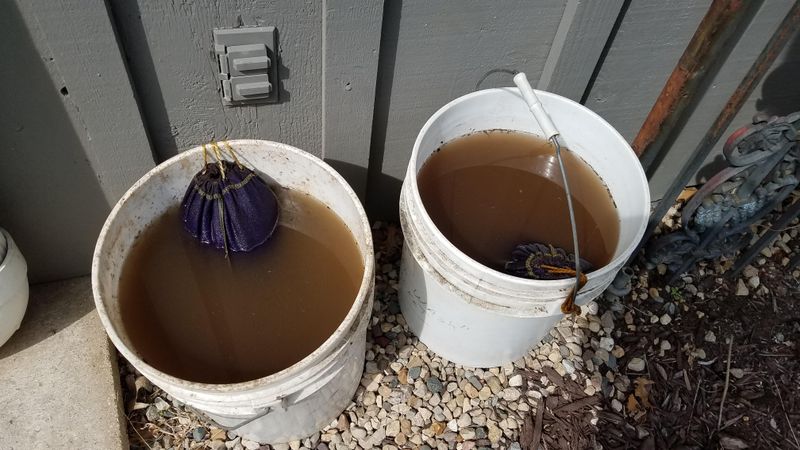
Each spring, Grandpa brewed “compost tea” to give seedlings a strong start. He’d fill a burlap sack with finished compost, suspend it in a barrel of water like a giant tea bag, and let it steep for three days, stirring occasionally.
The resulting brown liquid contained beneficial microbes and nutrients in a form immediately available to young plants. Watering seedlings with this brew established stronger root systems and greater disease resistance.
15. Pine Needle Mulch for Acid-Lovers
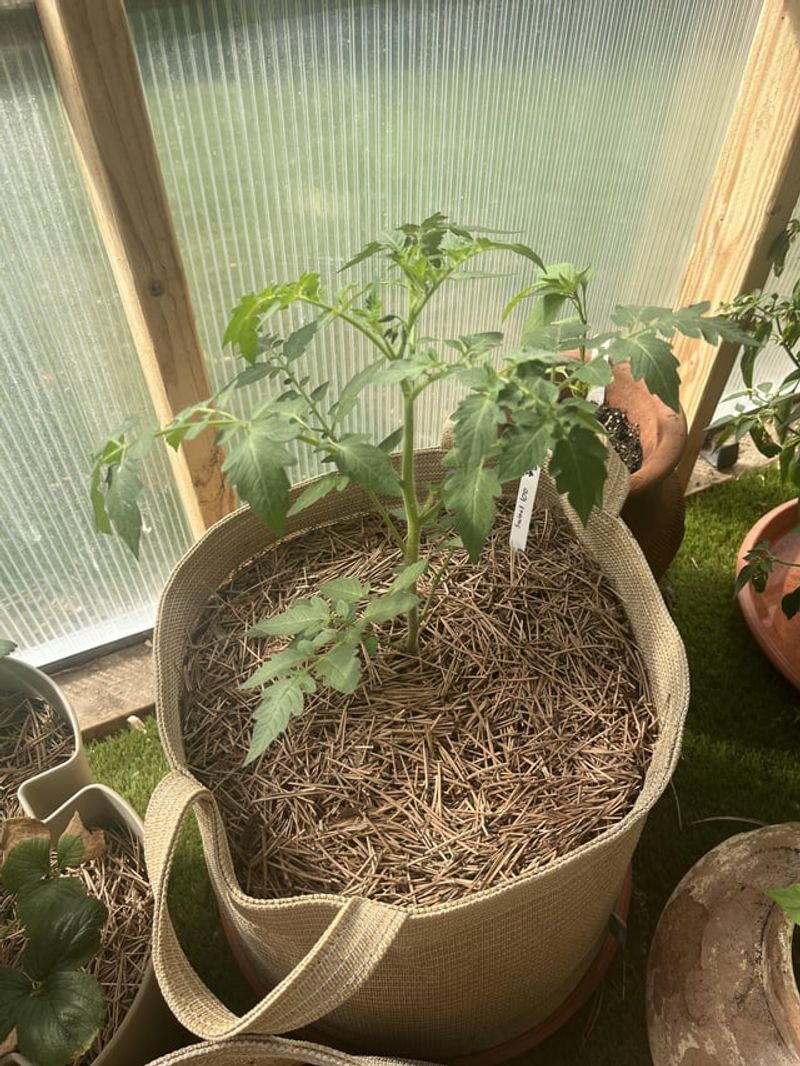
Fall meant collecting bags of pine needles from beneath neighborhood trees for Grandpa’s blueberry patch. These needles create the perfect acidic environment that blueberries, azaleas, and rhododendrons crave while suppressing weeds and retaining soil moisture.
Unlike other mulches that decompose quickly, pine needles break down slowly, providing long-lasting benefits. Their interlocking structure stays in place even on slopes or during heavy rain.
16. Chamomile Tea for Seedling Diseases
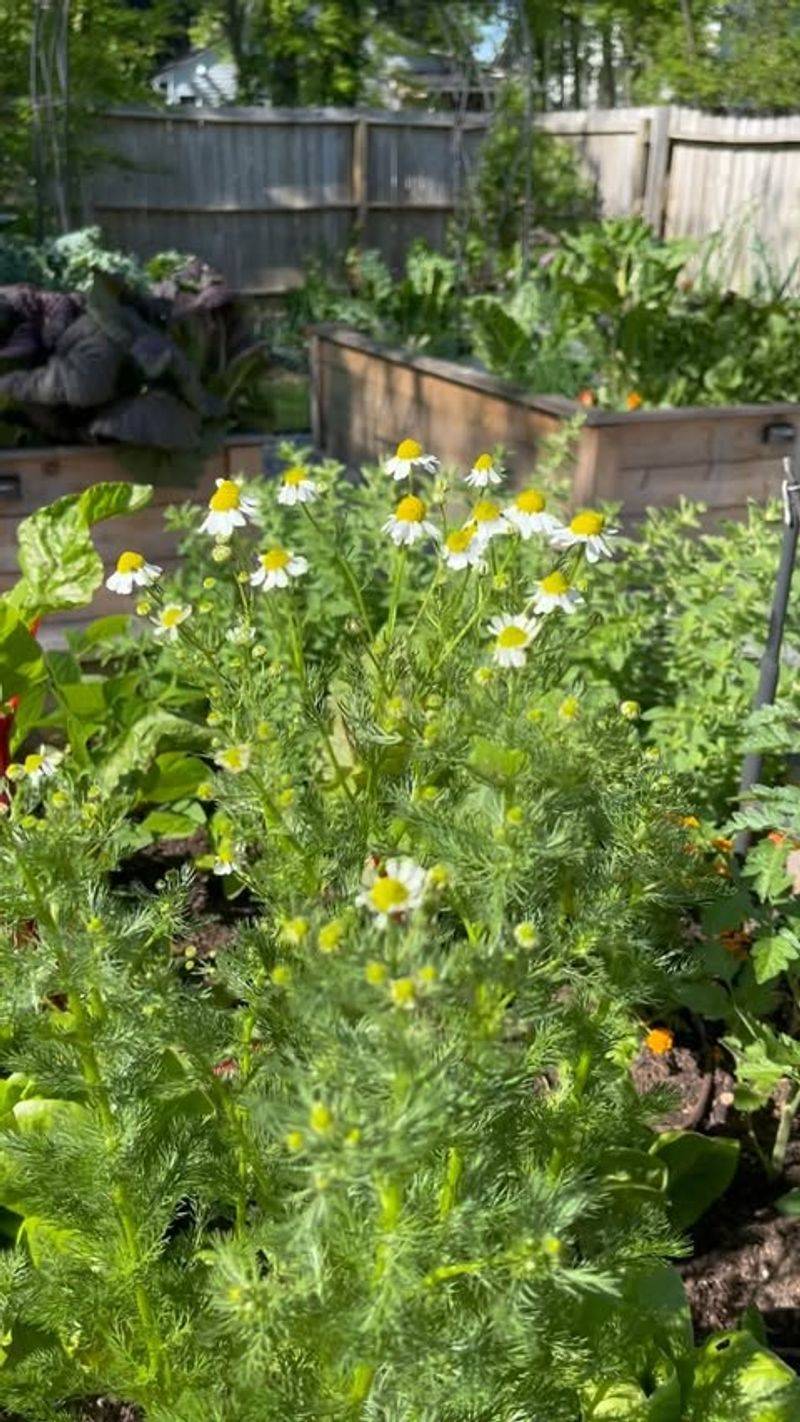
Damping-off disease threatened newly sprouted seedlings until Grandpa applied his favorite remedy—chamomile tea. He’d brew strong tea, let it cool, then use it to water seedling trays at the first sign of trouble.
Chamomile contains natural antifungal compounds that combat the pathogens causing damping-off without harming delicate seedlings. The same tea soothed Grandpa’s stomach and helped seedlings thrive.
17. Crushed Aspirin for Plant Immunity
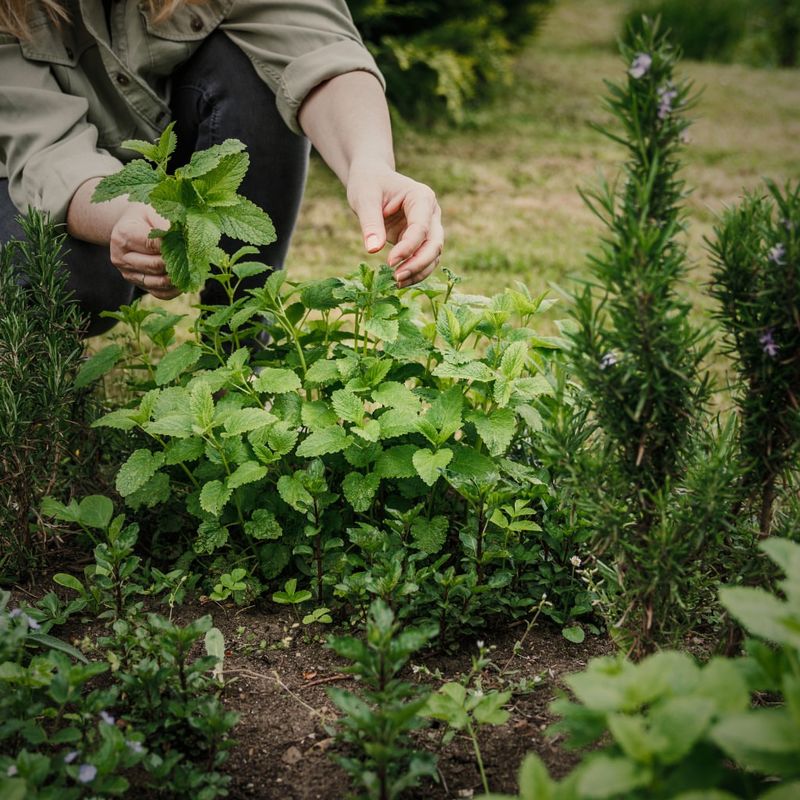
When plants showed signs of stress or disease, Grandpa reached for the aspirin bottle. Dissolving one uncoated aspirin tablet in a gallon of water created a solution that triggered plants’ natural defense systems when sprayed on leaves.
The salicylic acid in aspirin is similar to compounds plants produce when under attack from pathogens. Regular applications every few weeks strengthened plants against fungi, bacteria, and viruses. His tomatoes rarely suffered from the blights that plagued other gardens, thanks to this simple preventative treatment.
18. Wood Ash for Pest Control
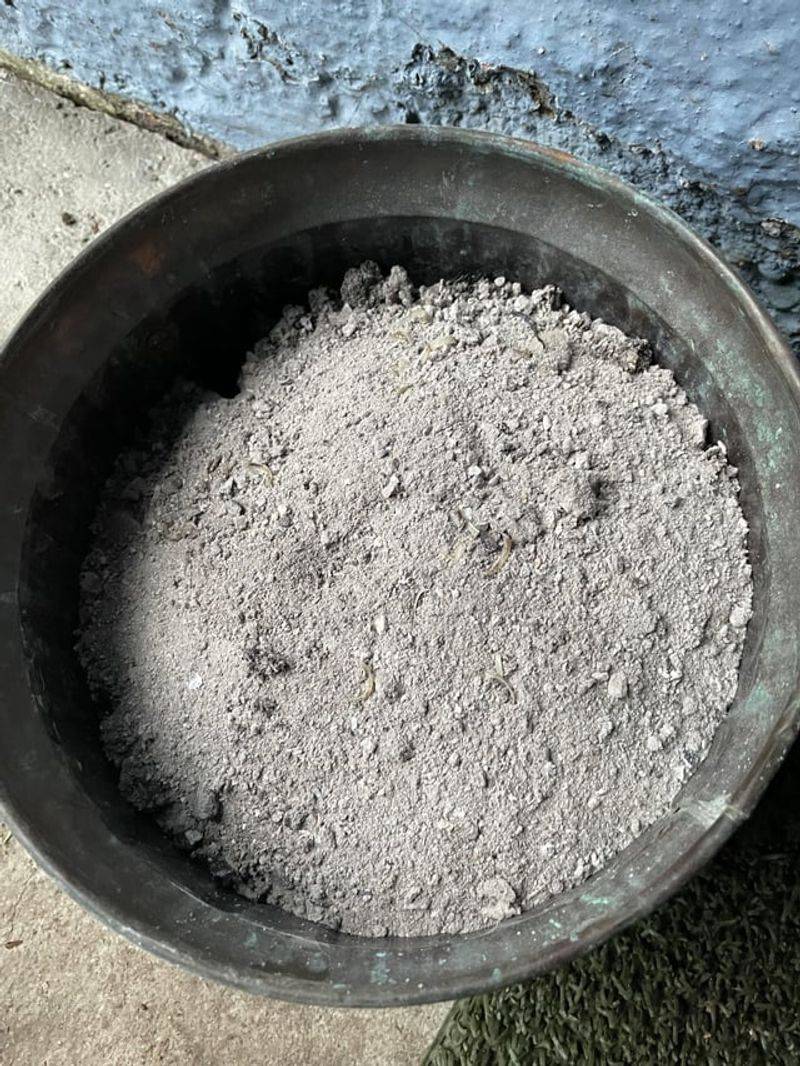
Grandpa saved cooled wood ash from his fireplace all winter, storing it in metal containers for spring gardening.
Sprinkled around plants, this powdery substance deterred soft-bodied pests like slugs and cutworms through its abrasive texture and alkaline properties. For cabbage family plants, he created protective circles of ash to prevent cabbage root maggots.
The potassium in wood ash also benefited flowering and fruiting plants.
19. Tin Can Plant Protectors
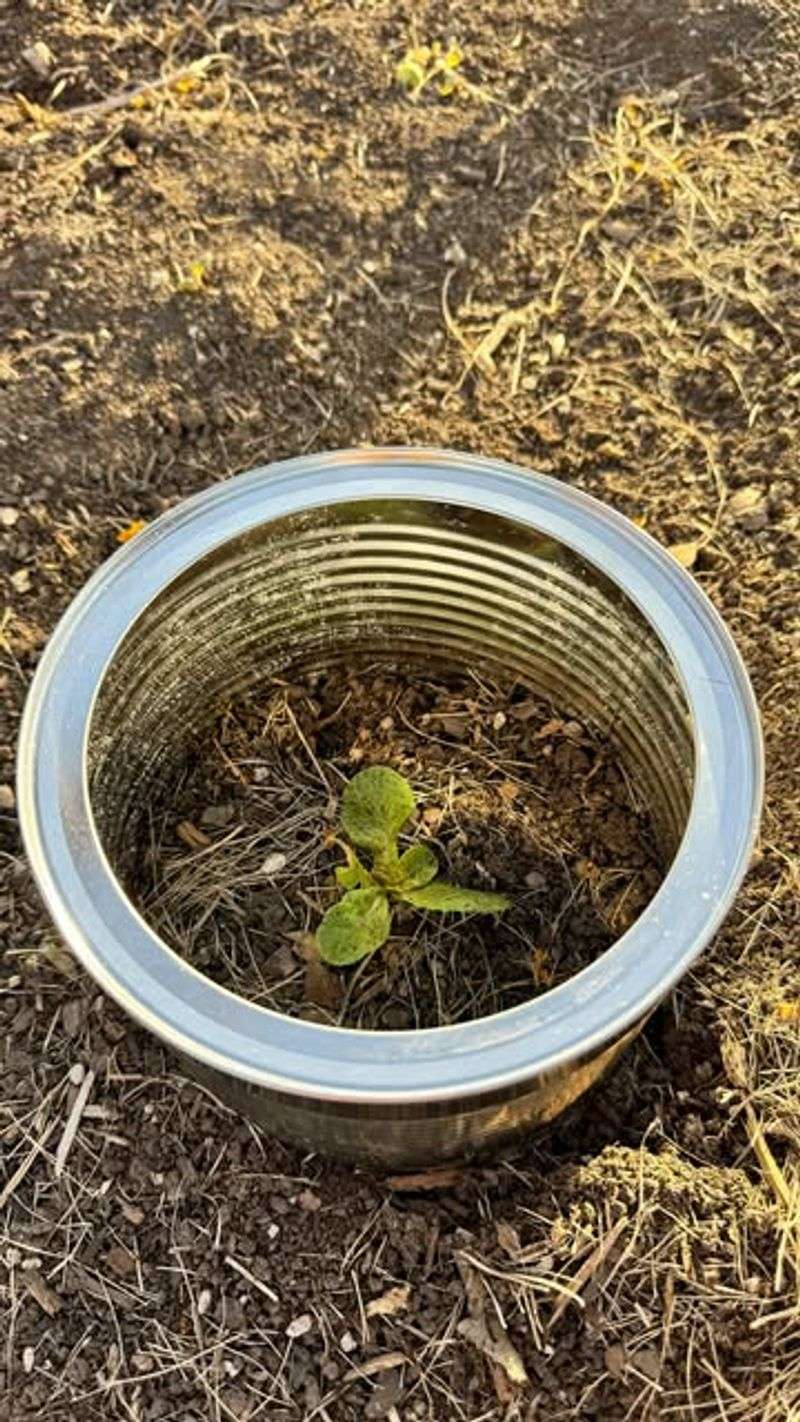
Young seedlings often fell victim to cutworms until Grandpa developed his tin can shields. He’d remove both ends from tin cans, creating open cylinders that he pushed into the soil around newly transplanted seedlings.
These simple barriers prevented cutworms from reaching tender stems while allowing plants to grow normally. As plants outgrew the cans, the metal gradually rusted, adding iron to the soil.
20. Human Hair Deters Deer
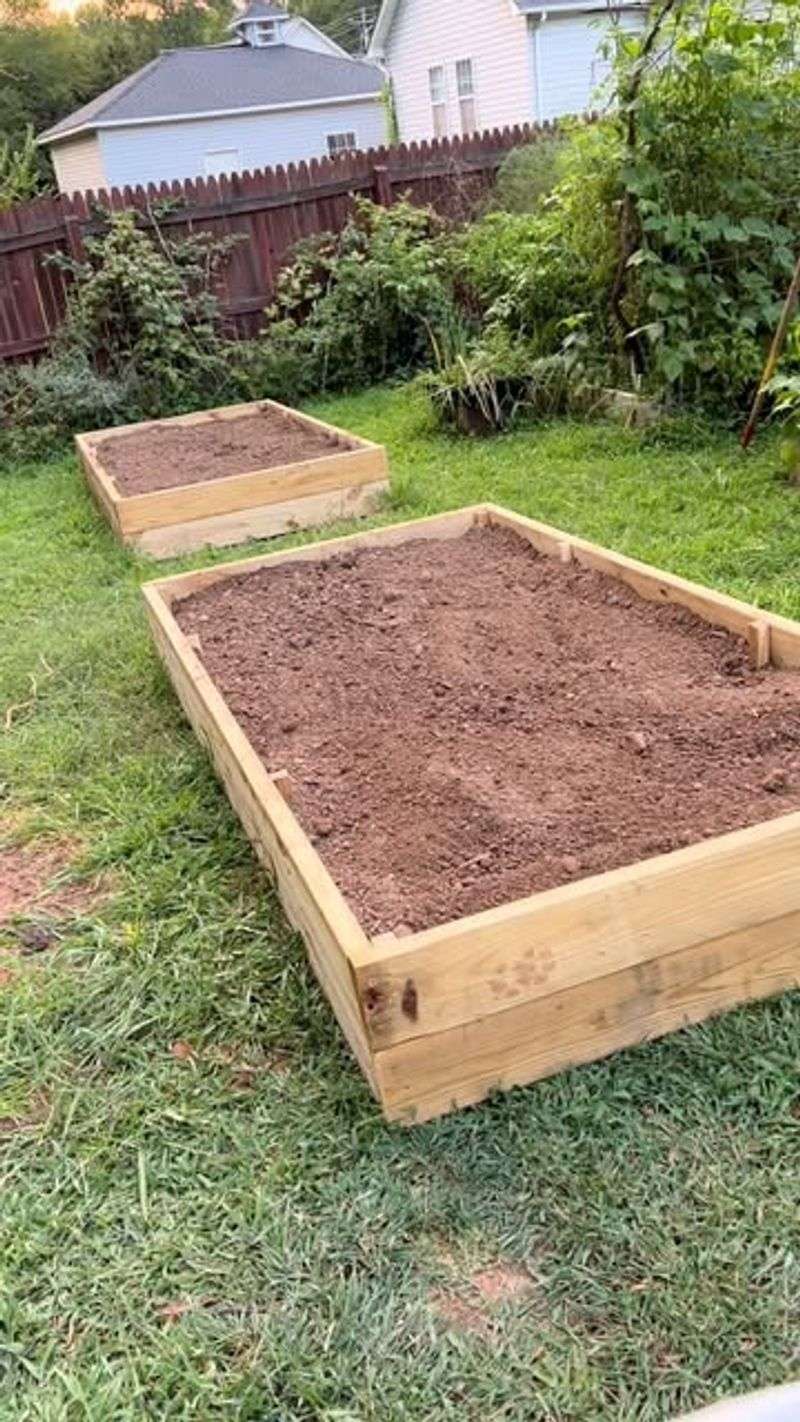
Living near woods meant constant deer pressure, but Grandpa had a solution from his monthly haircuts. He collected hair from the local barbershop, stuffing it into old nylon stockings to hang around garden borders.
The human scent repelled deer and other wildlife for weeks, especially when refreshed after rain. Unlike commercial repellents, hair costs nothing and contains no harmful chemicals.

